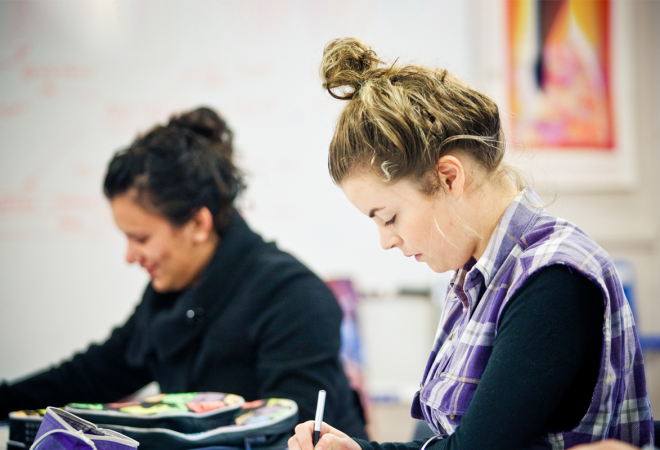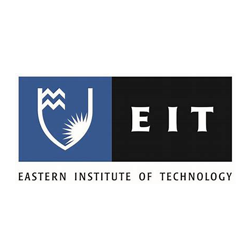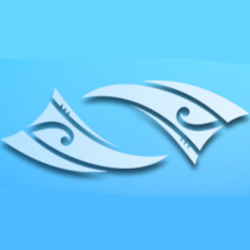
How to harness Photovoice as a teaching tool
Status
Completed: 10 January 2019
Project Details
A collaborative project between Eastern Institute of Technology and Matapuna Training Centre to improve learners’ literacy and research skills by using Photovoice as the central mode of an integrated project-based teaching method.
Aims:
The primary aim of this study was to help students develop skills in reading, writing, speaking, digital and critical literacy and conducting research.
Methodology:
Two projects were designed that would fit within the current mode of programme delivery of the NZ Certificate in Health and Wellbeing (Support Work) [Level 3].
The Taonga Tūroro Database Project sought to incorporate digital tools to develop teamwork and written communication skills using a ‘simulation’ of online notetaking practices.
The Photovoice Project: sought to identify issues of accessibility to support services.
Team

Cherie Te Rore
Project leader
Eastern Institute of Technology
Les Blair
Eastern Institute of Technology
Jodie Cook
Matapuna Training CentreStatus
Funding
$12,404.00 (excl GST)
Key Findings
- Working in ways familiar and relevant to Māori students created a safe space for participants to confidently undertake the project.
- Participants found speaking in front of an audience intimidating, but the process of whakawhanaungatanga facilitated students’ having the courage to say how they felt
- Students found the digital tools made it easy to write, save and share work.
- An environment of respectful exchange was determined from the outset as students set ground rules.
- Aroha ki te tangata – respect and responsibility for participants – guided the process of talking about privacy, dignity and autonomy for whanau depicted in the projects’ images and narratives.
- Given the option, none of the students opted for using notes during public presentations as they had all been provided with practice sessions and various alternatives such as brief speeches and assistance from loved ones.
Key Recommendations
- Whakawhanaungatanga - educators working collaboratively within communities of practice model the aspiration for students to create knowledge together.
- Flexibility (with timeframes and modes of presentation for example) allows negotiation and shared decision-making with students
- Digital technology offers an invaluable way for a facilitator to share information with students as well as for students to maintain course discussion and collegiality amongst themselves.
- It also affords students an efficient way to work through personal and sensitive matters with the facilitator.
- Digital modalities afford great capacity for asynchronous learning across distances, and enable students to negotiate study around other commitments.
A report produced by Cherie Te Rore.
(PDF, 3.9 MB, 68-pages).
- 10 January 2019